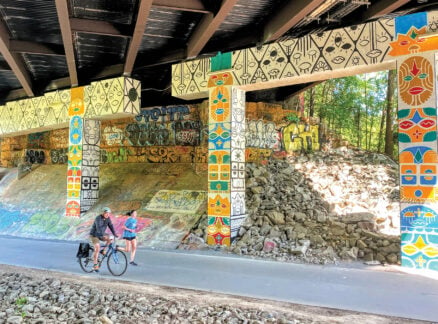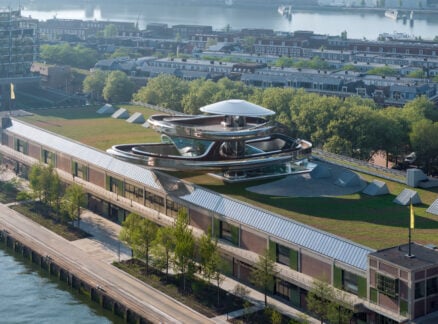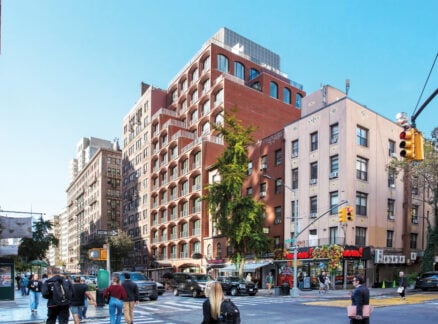April 1, 2013
In Defense of Emotional Language In Design Writing
Our relationship to objects is shaped by the language we use about them.
“Objects are companions to our emotional lives,” writes Sherry Turkle. But the richly evocative language of literature is rarely used in writings about design. In fact, in my profession, such flourishes are often frowned upon. I recall the time when, as a young design editor, I could not use words such as “home” and “beautiful.” Rational, clipped, and constricted was the language of design then, and it hasn’t changed much in the past three decades. Memorable turns of phrase and evocative verbal images that reflect our basic need to tell stories are largely missing from our discourse. Yet we know, intuitively, that our memories are filled with places, buildings, rooms, and things that anchor our lives in the physical world, and that without these recollections we suffer from an all-too-common modern terror—amnesia.
This thought informed Akiko Busch’s presentation at AFTERTASTE 2013, the annual symposium held at New York City’s Parsons The New School for Design. This year it focused on “the atmosphere of objects.” Busch, a longtime contributor to this magazine and author of many books, including The Uncommon Life of Common Objects (Metropolis Books, 2005), maintains that we limit our understanding of ourselves, as well as our knowledge of things around us, through the language we use.
To remind us of the complex relationship between our objects and ourselves, Busch read some odes by Pablo Neruda. Our imaginations were awakened by the poet’s words, and she then challenged us—faculty, students, designers, and the curious public—to write an ode to our own favorite object.
Dozens of anonymous, handwritten texts spoke of the human need to create emotional ties to our object world:
Ode to my window
You are my only one. This alone makes you dear. Offering a small sliver of sky, you bring reality to my existence. My gratitude is boundless.Ode to ink
Ink ever fleeting to capture my thoughts, rushing across the paper, running to places never imagined or intended.
The language we use illuminates our universal pursuit of finding meaningful, personal connections with what surrounds us. Once you’ve written an ode about your favorite thing, can you accept a world of indifferent objects?





